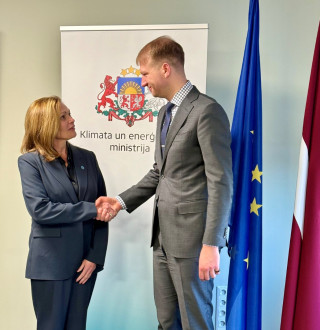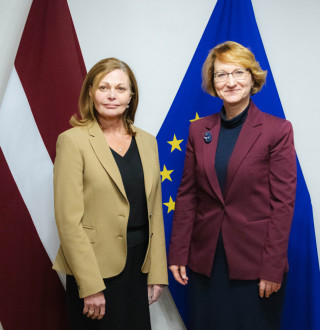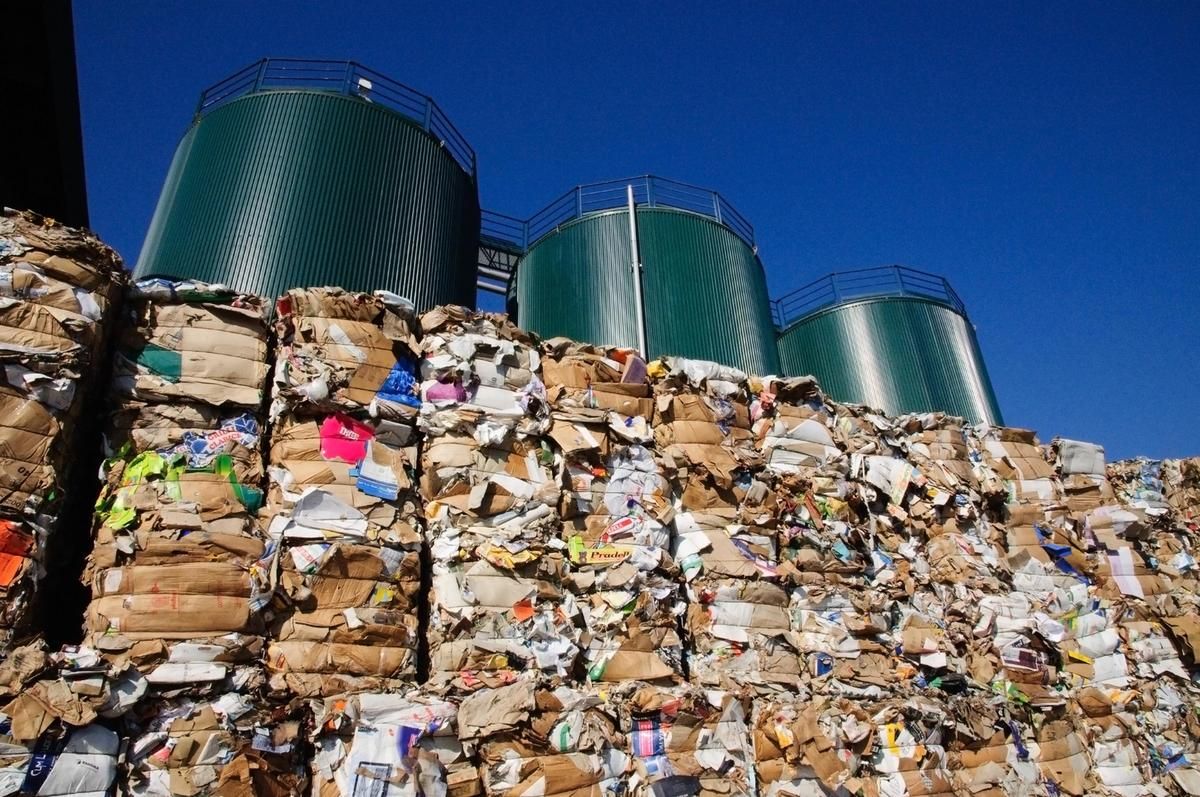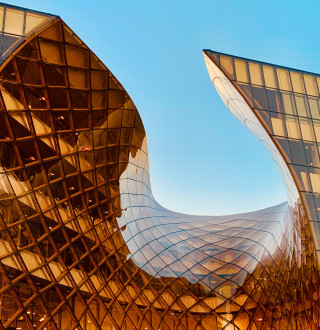In recent years, industrial symbiosis has been on the rise with waste or production by-products from one company serving as valuable resources for another. While discussions on this approach in Latvia have primarily taken place at the municipal level, its potential to drive profitability in the business sector remains largely underexplored. Diverse opportunities behind this notion will be the central theme of a dedicated event at Vidzeme Innovation Week on February 28.
Industrial symbiosis is more than just a trendy concept – it is a forward-looking approach with significant, yet underrated potential for profit and innovation. Definition of symbiosis implies a mutually beneficial and advantageous interaction, but it does not exclude gaining profit along the way. Industrial symbiosis is one of the pieces within the circular economy toolbox for creating a more environmentally friendly economy. It fosters synergy between industries by enabling the exchange of materials, energy, water and other by-products.
Besides the clear and undeniable economic benefits, industrial symbiosis has a wide range of other advantages. Those include increased revenue from production by-products, reduced demand for raw materials, lower costs associated with resource extraction and waste management. It also drives technological advancements, enhances resilience to external and internal factors, such as fluctuations in the availability and prices of raw material. Moreover, industrial symbiosis can play a crucial role in extending the lifecycle of materials, reducing landfill waste, and create new jobs and strengthen regional economy.
A study on the progress of industrial symbiosis in the Baltic Sea region has concluded that one of the main drivers for change in Latvia has been the quest for energy independence, rather than a voluntary shift towards a more environment-focused approach. It is therefore probable that lower-level IS cases will develop first, resulting in a resource-to-energy flow development rather than higher added value ventures. Business-science collaborations remain uncommon. Innovative ideas tend to remain locked within the walls of underfunded scientific institutions and applied science universities. However, governance experiments, such as Vidzeme Bioregion, and the increasingly innovative business sector offer a promising outlook for valorisation and IS development in Latvia.
To explore the topic of biological industrial symbiosis, the Nordic Council of Ministers’ Office in Latvia is organising an event as part of Vidzeme Innovation Week. Nordic and Baltic experts will share insights, encouraging entrepreneurs, innovation enthusiasts, as well as municipal and state institution representatives, to think on a broader scale, embrace innovative ideas and become part of the green transition. The event will also feature two pioneers in bio-industrial symbiosis – JSC “Balticovo” and Ltd. “Biomund”, who will share their experience in practicing industrial symbiosis.
The event, “Transforming food systems: bold ideas and the role of innovation in developing industrial symbiosis” (in Latvian – “Pārtikas sistēmu transformācija: drosmīgas idejas un inovāciju loma industriālās simbiozes izveidei”), will take place on February 28 at 10–12 in Valmiermuiža. The event will be held in English, with Latvian translation provided upon request.
Due to limited capacity of the venue, we kindly encourage to register for the event by writing to maija.kale@norden.lv.
For more details about the event and experts, please follow this link.
Agenda of the Vidzeme Innovation Week is available here.











